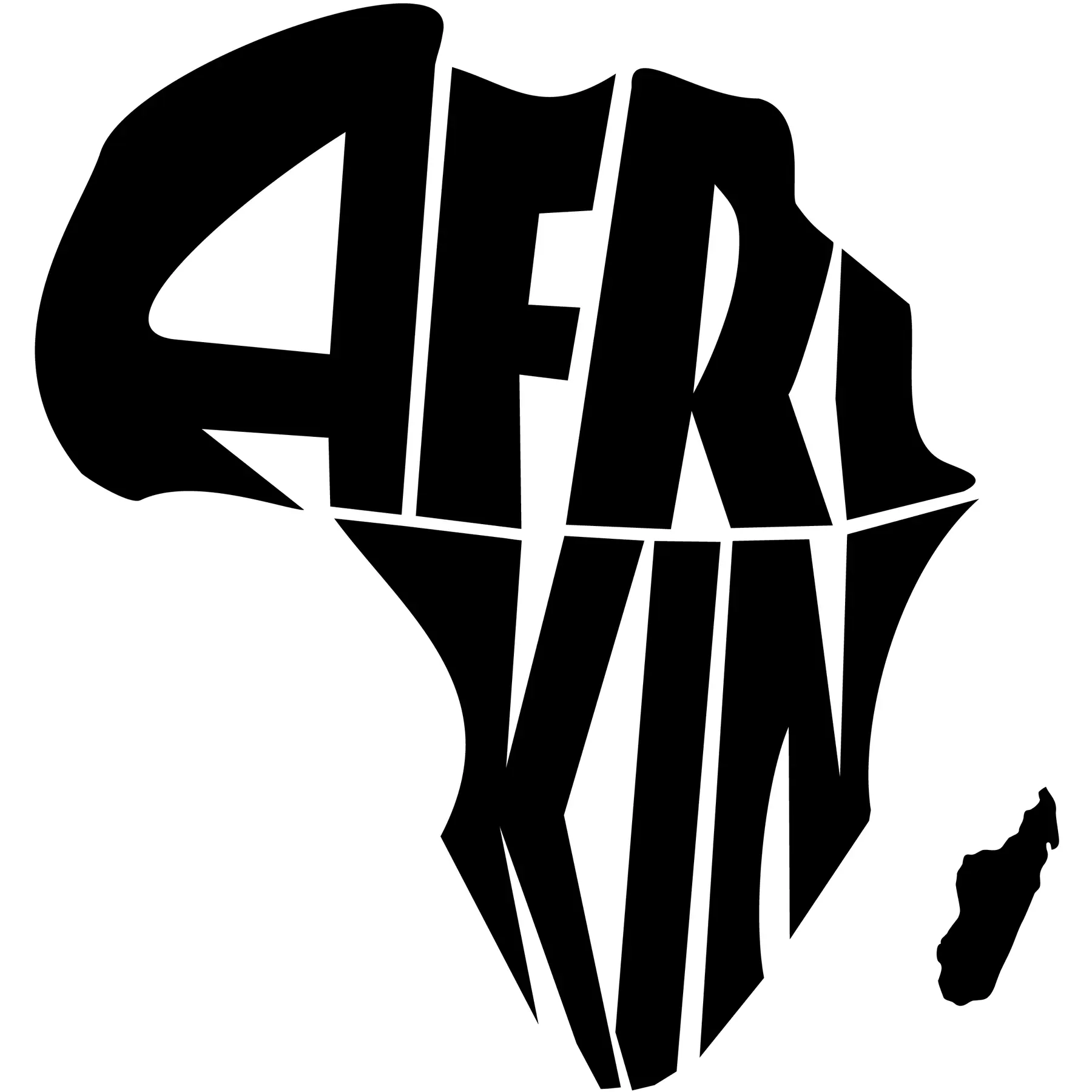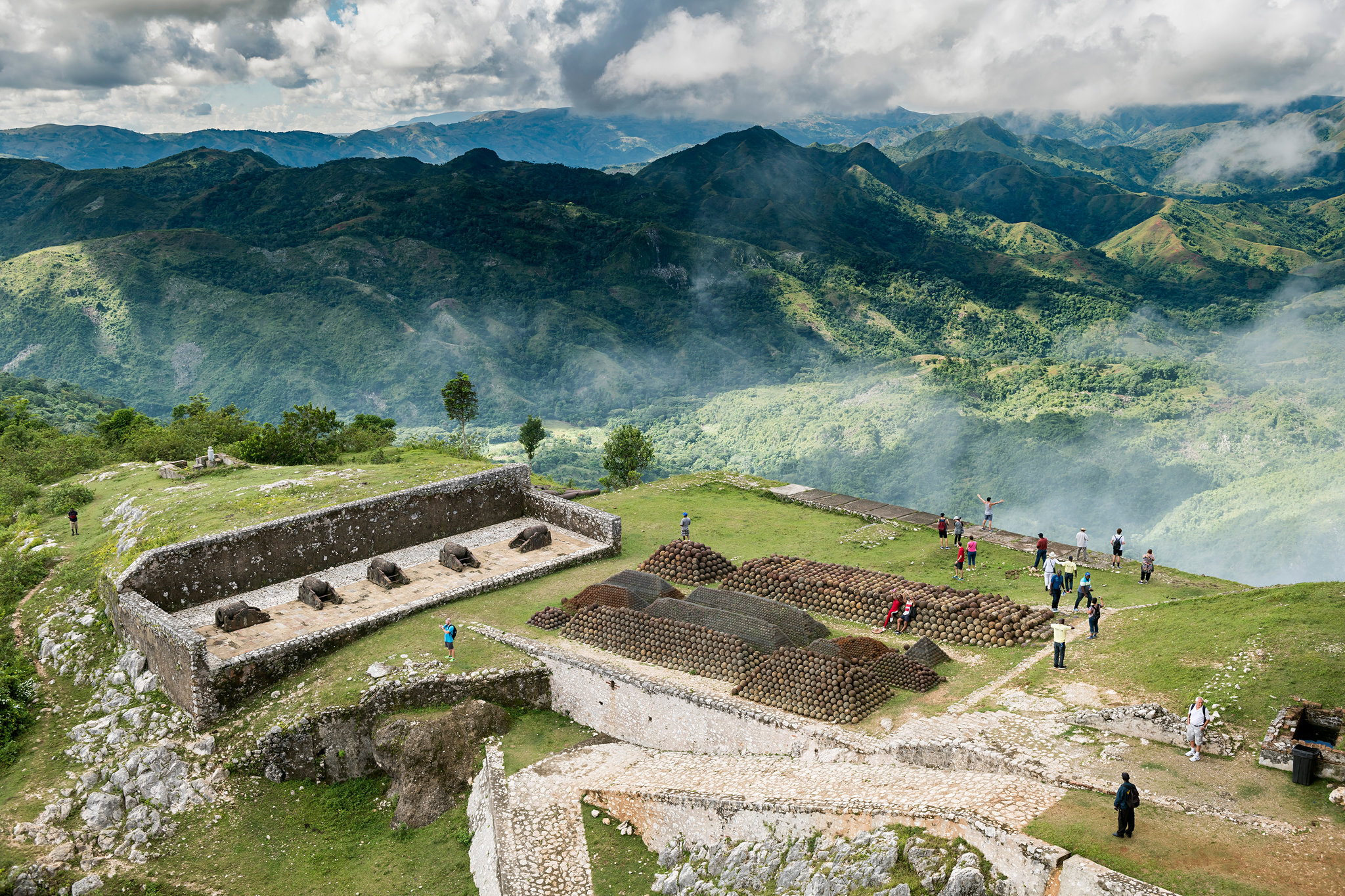Celebrating Haitian Heritage Month: Honoring the First Black Republic’s Legacy of Freedom and Resilience
As we approach Haitian Heritage Month in May, it is crucial to reflect on the profound legacy of Haiti, the world’s first Black Republic—a beacon of resilience and freedom that ignited the flames of liberation across the globe. This commemoration is not just about reflecting on the past; it’s a call to action for the sons and daughters of the global Black world and beyond, to engage with and support Haiti in a meaningful way.
The Indelible Legacy of Haiti
Haiti’s historical significance cannot be overstated. In 1804, Haiti shattered the chains of colonialism, becoming the first nation to permanently abolish slavery and the first post-colonial independent Black-led nation in the world. This monumental achievement was a source of inspiration for countless enslaved and oppressed people worldwide, underpinning the idea that freedom was attainable.
Today, despite grappling with political instability and economic challenges, Haiti’s spirit of resistance and resilience remains unbroken. The nation’s vibrant culture, profound historical contributions, and ongoing struggles for justice continue to influence and resonate deeply within the diaspora and among global allies.
How the World Can Support Haiti
As we honor Haiti’s heritage, it is also essential to engage actively in supporting its path to stability and prosperity. Here’s how the global community, particularly the global Black diaspora, can contribute:
- Educational Exchange and Support:
- Foster partnerships with Haitian educational institutions to enhance educational opportunities and resources.
- Offer scholarships and fellowships to Haitian students in areas critical to the nation’s development such as agriculture, technology, and health.
- Investment in Sustainable Development:
- Encourage diaspora and global investment in sustainable business practices that benefit local communities and ecosystems.
- Support local Haitian entrepreneurs through microfinance initiatives and business development programs.
- Cultural Exchange and Tourism:
- Promote responsible tourism that respects local culture and invests in local communities.
- Engage in cultural exchange programs that allow for a deeper understanding of Haiti’s rich heritage and contemporary arts.
- Advocacy and Political Support:
- Use your voice to advocate for policies that support stability and prosperity in Haiti.
- Engage in dialogue with policymakers to promote fair trade practices and aid transparency.
- Direct Aid and Donations:
- Contribute to reputable nonprofits that are working on the ground in Haiti to address urgent needs like healthcare, education, and food security.
- Support disaster relief efforts in times of crisis, ensuring aid is timely and reaches those in need.
A Call to Action: No Haiti, No Liberty!
Let this Haitian Heritage Month be a reminder of the profound debt of gratitude we owe to Haiti for showing the world the path to liberty. “No Haiti, No Liberty!”—this rallying cry should galvanize us all to action. As descendants and beneficiaries of Haiti’s courage, it is our duty to support and uplift this great nation through our collective efforts.
In doing so, we honor not only the indomitable spirit of the Haitian people but also the very essence of freedom and human dignity that Haiti has come to symbolize in our shared history. Let us stand in solidarity with Haiti, not just in celebration, but through proactive support and commitment to her future. This Heritage Month, let’s renew our commitment to Haiti—a commitment to support, advocate, and cherish the first Black Republic whose legacy is the cornerstone of freedom in the modern world.
Check out the upcoming Haitian Heritage Month exhibit of our friends over at Art Beat Miami by clicking below.
“Ayiti, lanmou mwen, ou toujou nan tèt mwen e nan kè mwen.”
With love,
Alfonso

